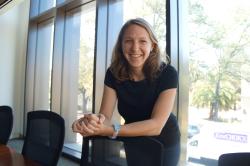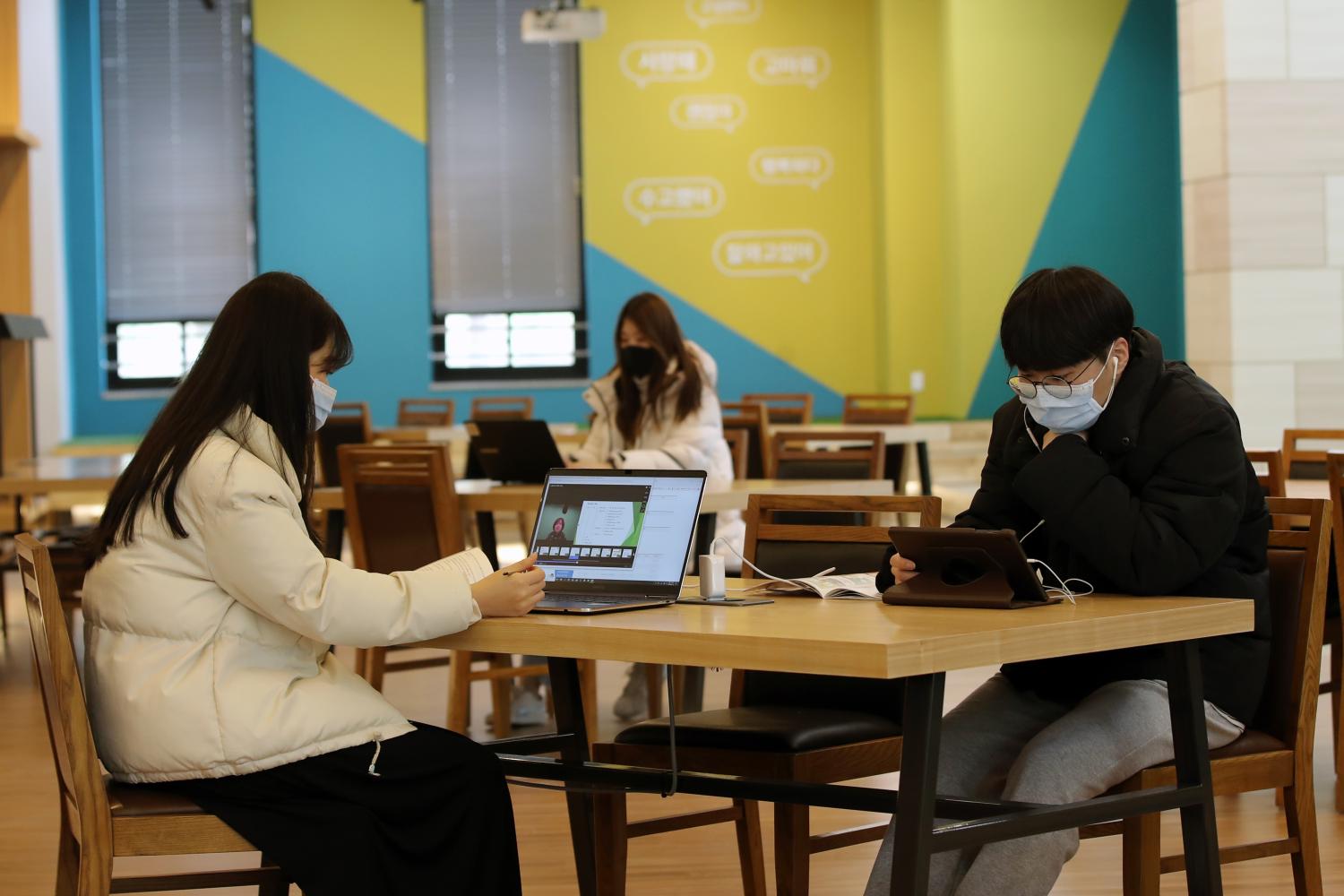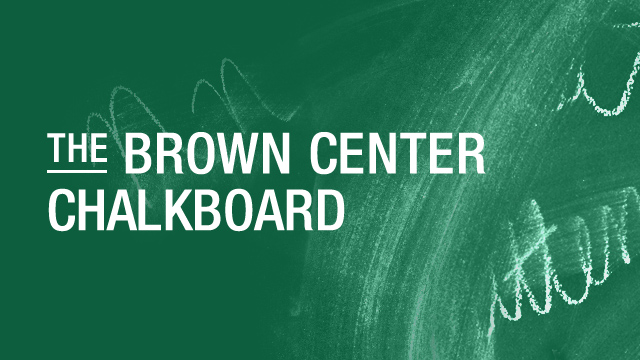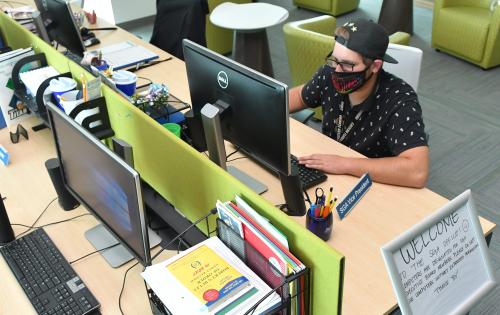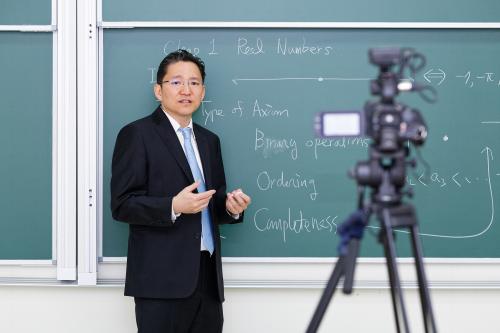This post was produced in collaboration with the academic journal Educational Evaluation and Policy Analysis.
Online courses are an increasingly important part of students’ college experience, but how does this impact what students glean from their college experience? Trends toward online learning were evident even before the COVID-19 outbreak. For instance, more than 30% of all students enrolled at postsecondary institutions took at least one online course in the fall 2016 term.
Advocates of online education suggest that departments offering online courses can support their students through the ease of access to coursework; for example, internet-based learning can help students avoid scheduling conflicts and offer students greater flexibility to pursue outside activities, like working a part-time job. In addition, online courses are a cost-effective mode of offering college-level instruction for most universities. However, prior research indicates that students perform slightly worse and have lower course retention within online learning compared to traditional face-to-face classes.
Interestingly, little work has examined indirect outcomes that may still be critical for students’ college success, including degree completion and graduation rates. This is a timely topic: If online courses present a potentially effective instructional modality to increase students’ degree completion, departments may want to retain some of their online courses initially designed to combat need for remote instruction during the COVID-19 pandemic.
In our study, just published in Educational Evaluation and Policy Analysis (EEPA), we analyzed six years of institutional data (all before the onset of the COVID-19 pandemic) for three cohorts of students (N=10,572). These students had one of 13 popular majors at a public research university in southern California. We examined how online courses relate to students’ four- and six-year graduation rates, as well as time-to-degree-completion for students who graduate college within six years. During the period of study, departments at this university were offering about 3% of their major-required courses online, and about 8% of students enrolled in an online class at some point in their academic career.
This study utilizes administrative data on students’ course-taking and grades and sociodemographic measures provided by the university registrar, alongside course catalog data on major requirements. We acknowledge that those who choose to voluntarily take an online course may be different from those that do not, and we pursue an empirical identification strategy that attempts to avoid attributing pre-existing differences across individuals to those taking online classes. Specifically, we use an instrumental variables approach, instrumenting online course-taking using online course offerings. The goal of this method is to provide more plausibly causal estimates of the relationship between online course enrollment and student outcomes (rather than looking at course-taking behaviors directly).
Overall, our study finds that online course-taking is associated with more efficient college graduation. Students who are given the opportunity to take classes online graduate more quickly compared to students in departments that offer fewer online courses. We also find that online course-taking is associated with a higher likelihood of successfully graduating college within four years. Importantly, our findings seem robust for students who are generally considered at-risk in college environments. The analyses that focused on the online course experiences of first-generation college students, low-income students, and students with weaker academic preparation indicated smaller, but still positive, benefits of online course enrollments regarding both graduating within four years and the overall time it takes to receive their college degree.
While these findings may seem counterintuitive at first, as online courses are typically not as effective as their face-to-face counterparts, the online course modality may offer other benefits to help students’ longer-term academic success. For instance, students may enroll in courses that are otherwise inaccessible to them due to scheduling constraints or because similar face-to-face courses that fulfill similar major requirements may not be offered in the same term. While there have been considerable advances in research on online courses in higher education, more research is certainly needed to better understand (a) how to design high-quality online course environments across different subject areas, and (b) how to optimally combine face-to-face and online course offerings throughout a students’ college career.
As we argue in our article, we believe these findings apply to many institutions, including departments in residential universities that offered few or no online courses prior to the COVID-19 pandemic. By including online courses in their teaching portfolio, they might help more students to complete course requirements and graduate.
You can read the full journal article in Educational Evaluation and Policy Analysis: “Increasing Success in Higher Education: The Relationships of Online Course Taking With College Completion and Time-to-Degree.“
The Brookings Institution is committed to quality, independence, and impact.
We are supported by a diverse array of funders. In line with our values and policies, each Brookings publication represents the sole views of its author(s).

